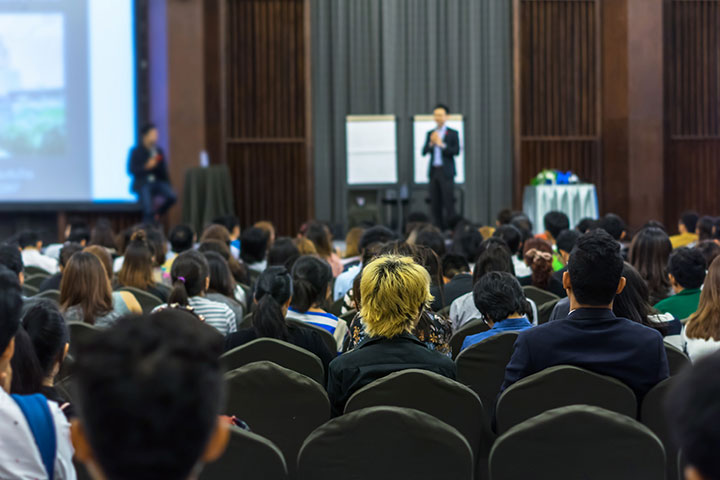What preparations should be made for attending academic conferences?Attending academic conferences requires careful preparation to ensure a productive and successful experience. Here are some important preparations you should make:

1. Research the conference: Familiarize yourself with the conference theme, topics, and schedule. Understand the format of the conference, whether it includes presentations, panel discussions, or poster sessions.
2. Register early: Ensure you register for the conference well in advance to secure your spot. Early registration often comes with discounted rates. Pay attention to any submission deadlines if you plan to present your work.
3. Prepare your presentation: If you will be presenting your research or giving a talk, prepare your presentation well in advance. Practice delivering it and ensure it fits within the allotted time frame. Have a backup copy of your presentation on a portable device or cloud storage.
4. Review abstracts and papers: Familiarize yourself with the abstracts and papers of other participants, especially those in your area of interest. This will allow you to identify potential collaborators and engage in meaningful discussions during the conference.
5. Plan your schedule: Review the conference schedule and decide which sessions, workshops, or talks you want to attend. Prioritize sessions that align with your research interests or can provide valuable insights for your work.
6. Prepare questions: Think of questions or discussion points in advance to participate actively in sessions and engage with presenters and fellow attendees. This will help you make the most of your time at the conference.
7. Network and connect: Conferences offer valuable networking opportunities. Prepare your elevator pitch and have business cards or contact information ready to exchange with other attendees. Be proactive in initiating conversations and building connections.
8. Take necessary materials: Pack essentials such as notebooks, pens, a laptop or tablet, chargers, and any relevant literature or documents. Consider bringing extra copies of your resume or research papers to share with interested individuals.
9. Dress appropriately: Check the dress code specified by the conference organizers. Dress professionally and comfortably to make a positive impression and feel confident during the event.
10. Take care of logistics: Arrange your travel and accommodation well in advance to ensure a smooth experience. Be aware of transportation options to and from the conference venue.
11. Stay updated on conference updates: Keep an eye on emails or notifications from the conference organizers for any last-minute changes or updates to the schedule or venue.
Remember to stay open-minded, engage in discussions, and make the most of the networking opportunities available at the conference. Attending academic conferences can be a rewarding experience to enhance your knowledge, establish connections, and showcase your research.

